Don’t Sing On Your Song Demo Dummy!
By Johnny Dwinell
Don’t sing your song demo dummy!
If you do, especially if you’re a novice at creating song demos (not necessarily singing), you will inevitably limit your opportunities to  sell the song; you will end up casting a “smaller net†regardless of your vocal ability.  All too often, I see aspiring songwriters who haven’t really gotten the performing/recording artist bug out of their system spend good money and confuse the intent of a song demo with that of an artist track. They want to sing, I suppose, to scratch their respective artist “itch†and I TOTALLY get that! Just make sure you are clear on what you need. One can’t expect a minivan, which is super effective for hauling groceries and kids, to perform like a Ferrari and take corners at 90 mph. Conversely, one cannot be upset that a Ferrari will not hold 4 kids and all the groceries.
sell the song; you will end up casting a “smaller net†regardless of your vocal ability.  All too often, I see aspiring songwriters who haven’t really gotten the performing/recording artist bug out of their system spend good money and confuse the intent of a song demo with that of an artist track. They want to sing, I suppose, to scratch their respective artist “itch†and I TOTALLY get that! Just make sure you are clear on what you need. One can’t expect a minivan, which is super effective for hauling groceries and kids, to perform like a Ferrari and take corners at 90 mph. Conversely, one cannot be upset that a Ferrari will not hold 4 kids and all the groceries.
Huh?
Listen; whenever you spend money, especially when there is little money to spend (which requires you to make decisions), you need to ensure you are spending wisely. So the first thing you need to ask yourself is what is the intent of the recording? What function is the recording supposed to serve?
Let’s break them both down.
Â
Artist Tracks
The intent of an artist track is to sell the track and the artist.
A producer’s job is to put the artist in the best possible light sonically & artistically and blow people away so that they will spend money purchasing the product (aka the CD); this is selling the artist. This takes more time and certainly expertise in the studio. More time and expertise in the studio cost more money.
As an artist, you intend to sell the track. Higher union rates will apply if the intent of the recording is to generate revenue; again, more money.
If your band will actually be doing the recording then you will need a combo platter of multiple takes during tracking session to get the recording tight and probably some editing on the back end to help, depending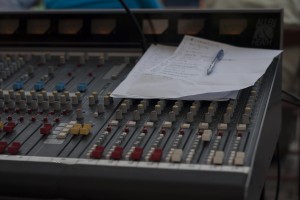 on the musicianship of the players. Either of these two actions requires time and expertise in the studio which requires more money.
on the musicianship of the players. Either of these two actions requires time and expertise in the studio which requires more money.
You want people to say “Wow! Who the hell is that singing?â€Â This means your producer better be crafting a KILLER vocal track, man; make no mistake this is an art form. This art form requires time & expertise and that costs money.
You want people to say, “That unexpected band break is freaking COOL MAN!â€Â This means your producer is allowing the band the time they need to craft something unique and special. You guessed it, that extra time costs more money.
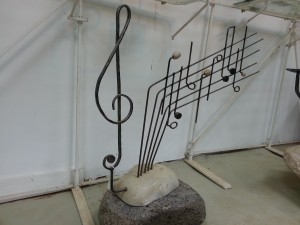 As the artist you make choices with regards to arrangement, song structure, song choice, production, genre, key, vibe, etc. that are consonant to you artistically and refined to your lane; which is more subjective than objective by definition. Ultimately the intent of the recording is to move people with your unique artistic stamp. If you are a professional artist the track must generate revenue by definition. This activity will hopefully generate additional returns through sales of subsequent merchandise, concert tickets, sponsorships, endorsements, etc.
As the artist you make choices with regards to arrangement, song structure, song choice, production, genre, key, vibe, etc. that are consonant to you artistically and refined to your lane; which is more subjective than objective by definition. Ultimately the intent of the recording is to move people with your unique artistic stamp. If you are a professional artist the track must generate revenue by definition. This activity will hopefully generate additional returns through sales of subsequent merchandise, concert tickets, sponsorships, endorsements, etc.
The juice should be worth the squeeze financially, but you get the picture, right? An artist track is all about YOU.
Â
Song Demos
The intent of a song demo is to sell the song, specifically the lyric, melody, and vibe of the song to a major label producer, a major label A&R exec, a publishing company, or a major label artist. A song demo is not supposed to 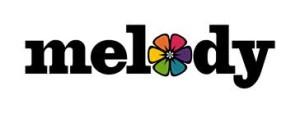 spotlight YOU in any way as an artist as they fully intend to re-cut the song with their band and their artist on the mic. It is naïve to hope that an amazing vocal performance would possibly get a producer interested in working with you (as an artist) seeing as they are focused on finding songs for the project currently at hand. Statistically, this is just a distraction from your mission, which is the song pitch. Remember, in the new music market the responsibility for artist development falls on the artist there is very little ROI for producers and labels to develop acts anymore as the business model has simply changed; they just aren’t equipped to do it. So a tactic like this is a high percentage shot, like a full court basketball shot that’s nothing-but-net; possible but highly unlikely. A better tactic would be to make the most effective song demo you could and increase your chances to get the cut! That will garner more attention from more people who could help your career than betting the farm on a limited set of ears that you are engaging with because they are focused on entirely different projects. Simply put, getting a cut gets your talent far more exposure than crossing your fingers that the few people who hear the demo will defocus from their current job to explore a relationship with you as an artist. Make sense?
spotlight YOU in any way as an artist as they fully intend to re-cut the song with their band and their artist on the mic. It is naïve to hope that an amazing vocal performance would possibly get a producer interested in working with you (as an artist) seeing as they are focused on finding songs for the project currently at hand. Statistically, this is just a distraction from your mission, which is the song pitch. Remember, in the new music market the responsibility for artist development falls on the artist there is very little ROI for producers and labels to develop acts anymore as the business model has simply changed; they just aren’t equipped to do it. So a tactic like this is a high percentage shot, like a full court basketball shot that’s nothing-but-net; possible but highly unlikely. A better tactic would be to make the most effective song demo you could and increase your chances to get the cut! That will garner more attention from more people who could help your career than betting the farm on a limited set of ears that you are engaging with because they are focused on entirely different projects. Simply put, getting a cut gets your talent far more exposure than crossing your fingers that the few people who hear the demo will defocus from their current job to explore a relationship with you as an artist. Make sense?
Â
If you are a GREAT singer
You will have a unique stylistic approach to your song. Yes the vocal track will be amazing but what if your style doesn’t resonate with the major label artist you are pitching it to? What if the producer recognizes that phrasing the vocal in a different manner could make the song become viable for multiple genres or lanes within a certain genre; thus creating more opportunities for the song to get cut? Could you effortlessly change your phrasing? You want a cut, right?
Â
If you are an AVERAGE singer
(Like me) you will have a unique stylistic approach to your song. You will end up spending more money on the demo on multiple vocal takes during the session and in post production (vocal tuning) time to make it less sucky. This will needlessly increase the cost of your demo.  A song demo shouldn’t result in some epic production with the track because that’s too subjective for the intent.
A song demo shouldn’t result in some epic production with the track because that’s too subjective for the intent.
What if the artist you are pitching too doesn’t like your taste in production, will that color their decision to cut your song?
What if the artist you are pitching too loves your taste in production but their project is going a different way, will that affect their ability to “hear†themselves singing your song for this particular project?
Will the production you create “date†the track making the demo recording less durable over time?
If you have artist tracks that you wish to use a song pitches, you might consider spending a few extra bucks to get a pro singer to cut the vocal and a new mix solely for the song demo.
The song demo is all about the SONG; keep it there.
If you like this post, please SHARE it and/or LEAVE A COMMENT thank you!
[ois skin=”Bottom Post”]



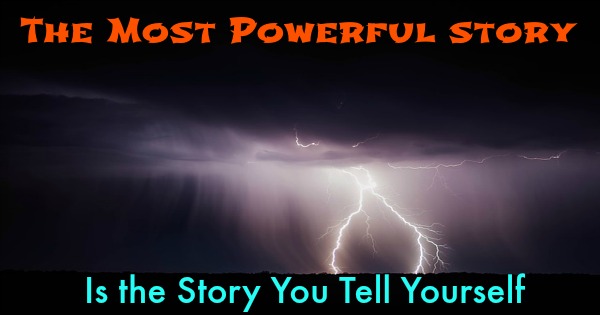

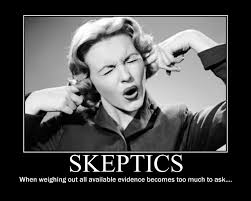


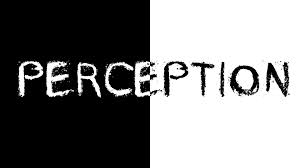
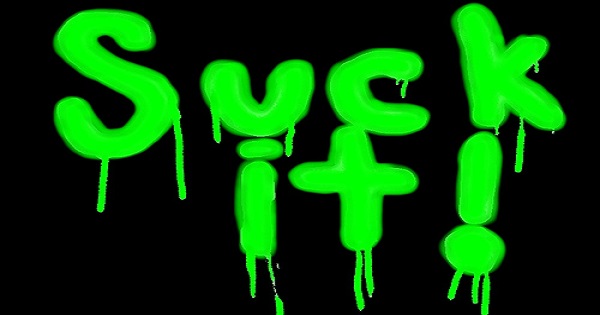


Tell Us Your Comments
Leave a Reply
Want to join the discussion?Feel free to contribute!